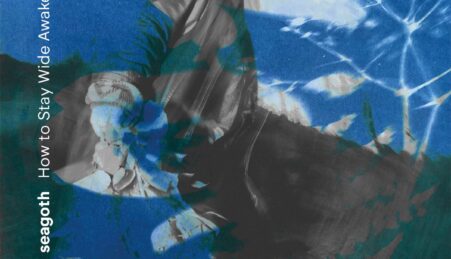By Pruthvi Khilosia
Photography: Pruthvi Khilosia
Professor Stephen Morris reflected back over 25 years experience working as a civil servant and independent academic researcher in his inagural public lecture at Manchester Met on Monday.
Prof Morris was joined by David Greenberg, a Professor Emeritus of Economics at the University of Maryland, Baltimore County (UMBC). Prof Greenberg is an labor economist and cost-benefit analyst who received his PhD at MIT.
Prof Morris and Prof Greenberg discussed research methods and understandings of causation in policy and how programme evaluation have changed over this period, and discussed some of the debates and points of contention that have emerged.
They revealed interesting experimental methods, the history of their use in social policy evaluation and some of the controversies and debates that have arisen. Accompanied by professor Greenberg, who is also co-editor of the Randomized Social Experiments Abstract, they exchanged and supported ideas on how the research benefited society.
Prof Morris said, “It was always felt to be bit of a gap in our knowledge about how to help people who were struggling to attain work and stay in jobs. I combined that with my interest in social science methodology, and naturally came together when deciding to develop a new programme on policy. Essentially, it was looking at policy problems that we faced and how we could best intervene to improve peoples lives, and the impact.”

Data analysis and factors by Stephen
Prof Greenberg explained how he had worked at a research firm as well as with the government, constantly switching. He then met Prof Morris in Loughborough, working in the cabin office in a six person design team. He said, “I was part of the group doing the evaluation and Stephen was, for part of it, our project manager. We’eve kept in touch ever since.”
Income from research firms funds and fuels the research and Prof Morris’ team forward. He worked on researching the impact of the programme of study and the effectiveness.
Prof Morris revealed was drawn to the use experimental methods but the actual aims and what he wanted to deliver was a developmental process. He didn’t know what him and his team wanted to do, yet they were fairly clear on the research methods. “It was shown to be very effective for people who were unemployed for 18 months or more because of the quality of the research methods we used,” said Stephen.
Prof Morris worked for 13 years as a social scientist within the UK Government and has held senior research posts at the Institute for Employment Studies, Policy Studies Institute and the National Centre for Social Research (now NatCen Social Research). His key work consists of getting unemployed people or people who have been out of employment back into work, whether it was due to bringing up children or other social obstacles.

Professor David Greenberg
Prof Morris talked about how reflecting back on his own education helped in being prepared to tackle issues. He compared how one could receive unemployment benefits as an ‘active’ form of The System Book in the late 1980s and early 90s. This helped people in the Reagan years who have recently took time off work to get back on their feet for employment.
Strategic approaches and data analysis was key in randomized experiments. After doing 10 studies on randomisation, he finds that they are very useful in enabling policy makers to make judgement in competing strategies on tackling cause. The benefit of having data from many experiments is that you can use that data to compare the likely effectiveness of different strategies such as meta analysis.
He also found that they have a really interesting affect on people delivering the intervention. He said: “We’re being compared explicitly to a control group, we start to think very seriously. We have to think about whether our approaches will generate an impact.”
Stephen was also confident in admitting the disadvantages of his experimental approach. He explained that sometimes it is good to be aware of losing members of the study due to the participants refusing to respond to surveys, and the only way to come around that is to use very strategic statistical analysis.
Some inspiration he took to help him with his research was from Sir Ronald Aylmer Fisher FRS, who was a British statistician and geneticist and the idea of assigning ferterlisers to plots of land to increase crop yields. This idea of randomisation helped filter out biases.
His work has now and is helping parents and others’ in similar situations who have lost their jobs to go back to work as their children grow/obstacles clear.
For more information about this lecture and upcoming events in the RAH! series visit Manchester Met’s RAH! programme.







Leave a reply